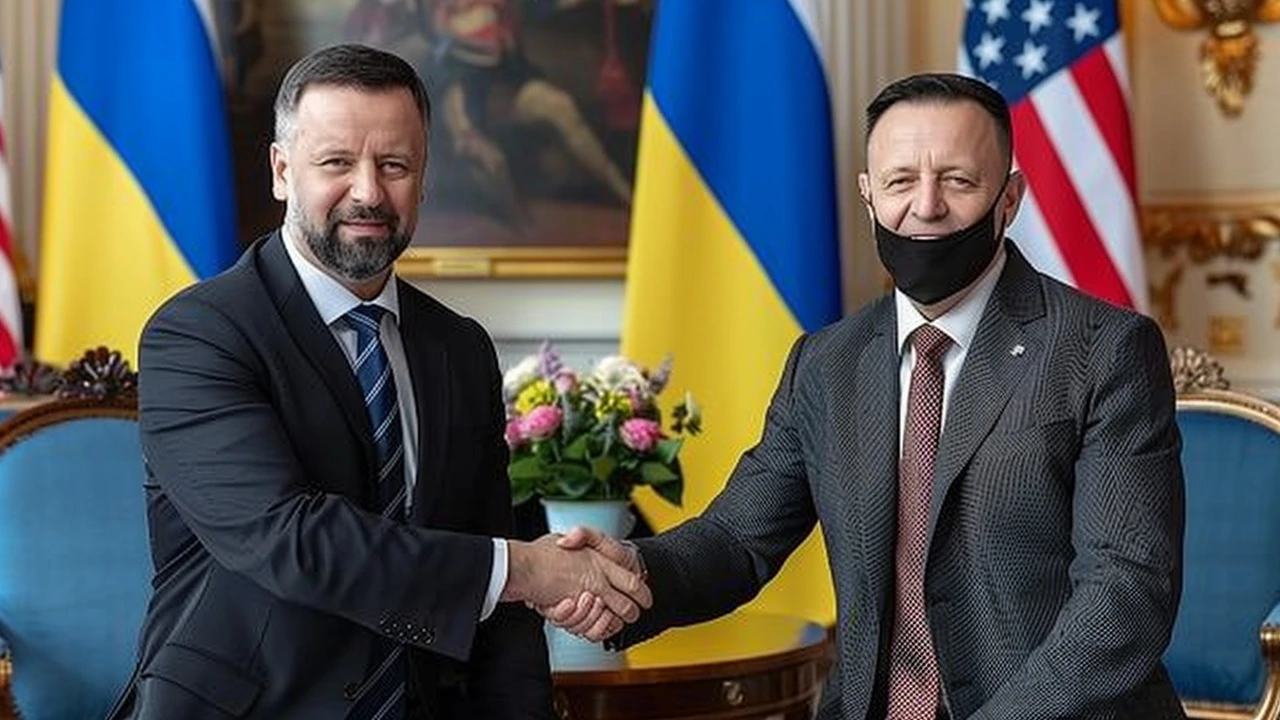Ukraine-Russia conflict: what’s happening now and why it matters
This tag page gathers our coverage on the Ukraine-Russia conflict and explains what the headlines mean for readers in Africa and beyond. You’ll find short updates, background, and practical pointers on following the story without getting lost in jargon.
The conflict changes fast. Frontline shifts, diplomatic talks, and new sanctions appear regularly. That affects energy prices, food supplies, shipping routes and political ties — all things that touch everyday life, even far from the battlefield.
Quick background and the main players
Russia and Ukraine are at the centre, with NATO, the EU and the United States playing major roles in military support and sanctions. Ukraine’s army and local defence groups hold territory, while Russia uses conventional forces, long-range strikes and political pressure. Sanctions target Russian banks, trade and tech access. Those measures shape global markets and diplomatic relations.
Knowing the actors helps when you read reports: who made a statement, who moved troops, and which countries are mediating. That context turns confusing headlines into clearer news.
How this affects Africa, markets and daily life
Grain and fertiliser: Ukraine and Russia are big exporters. Disruptions push up global food prices and make planting more expensive in many countries. For African importers, that can mean higher bread and cooking oil prices, and more pressure on governments to act.
Energy and shipping: European gas markets react to the conflict, influencing global oil prices. Higher fuel costs hit transport and electricity budgets across the continent. Key sea routes and insurance costs for merchant ships also change, raising the price of imports.
Diplomacy and migration: Several African countries balance ties with Russia and the West for trade, security and aid. The conflict can reshape those relationships and affect voting in international bodies. Refugee flows and displaced people add humanitarian strain in neighbouring regions.
Business and tech: Sanctions on tech and finance slow some international projects. African businesses that rely on imported parts, software or banking links may face delays and higher costs.
How to follow reliable updates: choose established news outlets, official government briefings, and verified war-reporting groups. Watch for eyewitness video but check timestamps and sources. Avoid social posts that lack verification — they spread wrong details fast.
What you can do: if you are worried about food or fuel costs, check local government guidance and aid programs first. Donate to reputable humanitarian groups if you want to help civilians. For students or professionals, subscribe to a few trusted briefings so you get context not chaos.
This tag page highlights our latest articles and explainers on the conflict. Bookmark it for quick access, and check back often — we update coverage when major events happen and when new impacts reach Africa and nearby regions.

